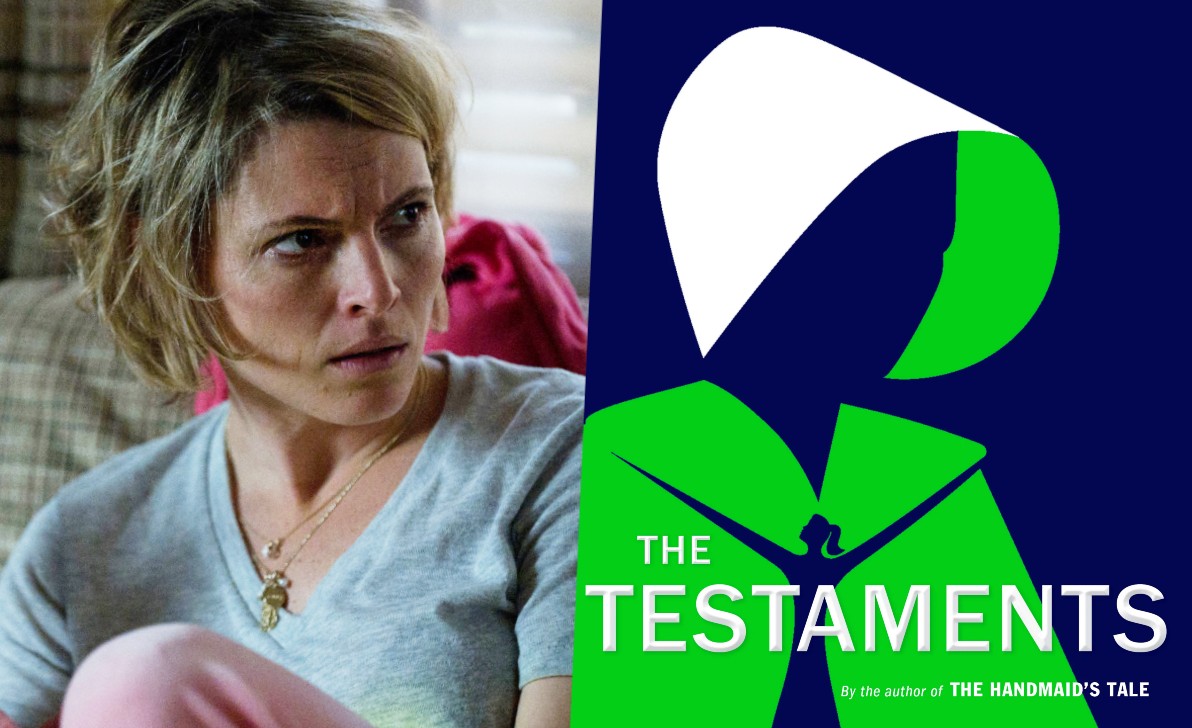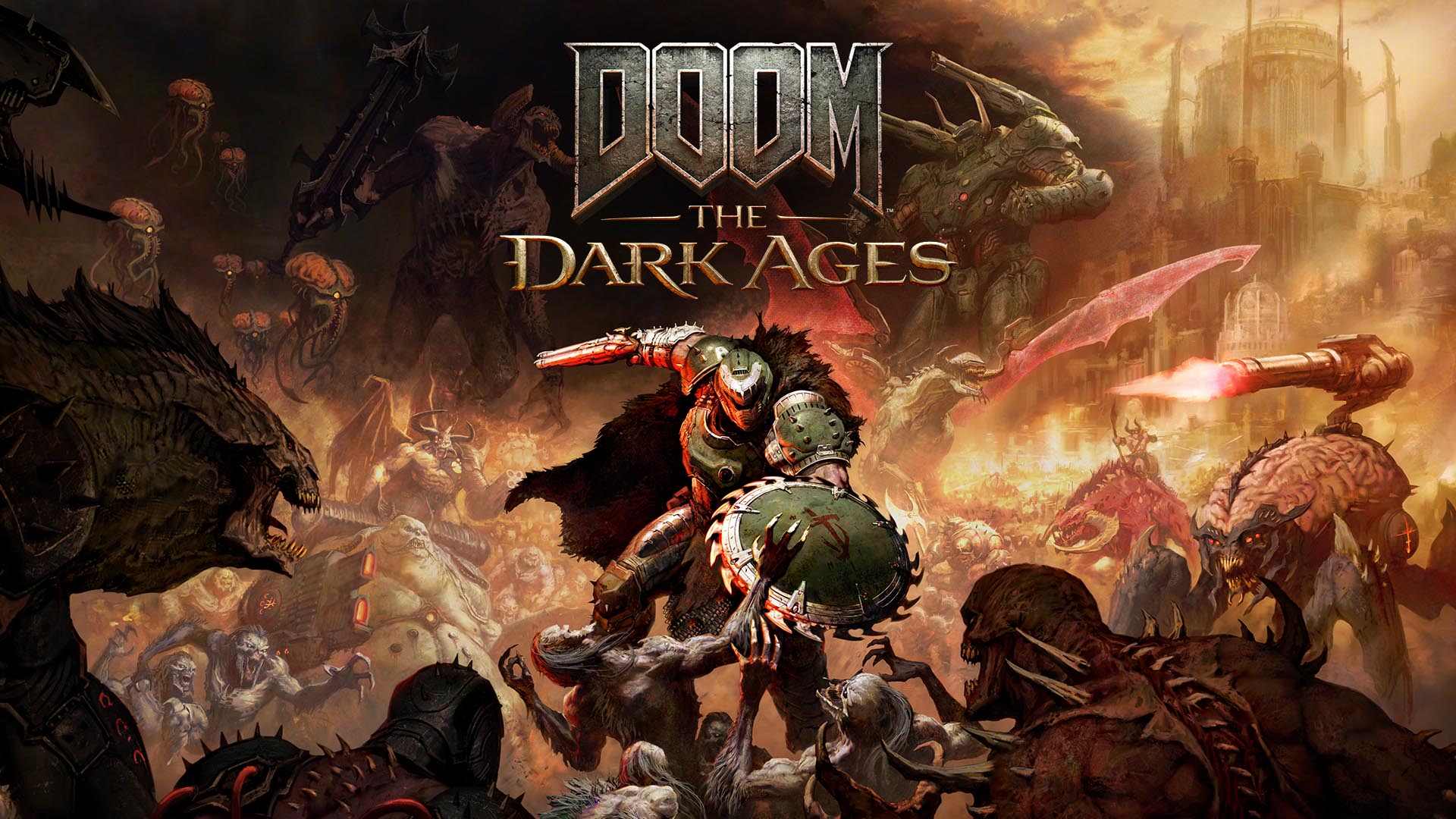Lazarus Review: Shinichiro Watanabe Remixes His Greatest Hits
“How will the end of the world come upon us?” There are certain names in every industry that generate an extra level of excitement and anticipation for their respective projects. They’ve earned the audience’s trust, which if implemented properly, can keep these storytellers relevant for an entire lifetime. Shinichirō Watanabe has a remarkable filmography that […] The post Lazarus Review: Shinichiro Watanabe Remixes His Greatest Hits appeared first on Den of Geek.

“How will the end of the world come upon us?”
There are certain names in every industry that generate an extra level of excitement and anticipation for their respective projects. They’ve earned the audience’s trust, which if implemented properly, can keep these storytellers relevant for an entire lifetime. Shinichirō Watanabe has a remarkable filmography that consists of totemic titles like Cowboy Bebop, Samurai Champloo, Space Dandy, and Carole & Tuesday, any of which on their own would be enough to make him an essential anime auteur. Watanabe brings such meticulous pedigree and passion to all of his series, but it’s particularly satisfying when he returns to grungy science fiction like he has in Lazarus.
Lazarus has been one of the longest-gestating and most highly anticipated programs on Adult Swim, which has a surprisingly spotty reputation when it comes to their original anime co-productions. Fortunately, Lazarus is exactly what it needs to be and a case where this modern anime classic is well worth the wait. Lazarus is one of 2025’s best anime and it’s sure to delight Cowboy Bebop fans, anime aficionados, and complete newcomers who just want to experience a compelling animated sci-fi parable.
Lazarus hits the ground running with a fortuitous storyline where a miracle drug, Hapna, reveals fatal side effects three years after its street date. This cheap escape from reality suddenly threatens humanity’s preservation. A team of elite individuals is saddled with the impossible task of finding the reclusive scientist who created Hapna, Dr. Skinner, so that he can create an antidote before it’s too late and huge swathes of the world’s population perish. It’s such a captivating hook that kicks Lazarus off with immediate urgency and sets in motion this 30-day ticking doomsday clock deadline. it perpetually feels like every second counts in Lazarus. There’s a powerful anxiety that’s reminiscent of Watanabe’s Terror in Resonance that absolutely works in Lazarus’ favor and contributes to the unease that’s felt by most of its characters.
Watanabe’s Lazarus presents a very real world where people feel hopelessly oppressed and are desperate for any sort of way to slow the bleeding. Corporations hold all the power and innocent people are rendered into footnotes, if that. There’s a grander serialized narrative to find Dr. Skinner and create a Hapna vaccine, but Lazarus fluctuates between episodic stories that indulge in diverse genres that still manage to contribute to the greater whole. Meanwhile, there’s a bit of an “our princess is another castle” syndrome as each attempt to locate Dr. Skinner falls short. It’s a solid enough framework for adventures as Lazarus flexes its storytelling and character development muscles throughout this bleak quest to save the world.
Lazarus is also a total triumph when it comes to world-building and how it fleshes out this unique universe. There’s such artistry behind the architecture of Lazarus’ futuristic communities, like Babylonia City, that are all distinct and feel like natural evolutions of modern society. Lazarus begins with dense, economical exposition that’s an effective, melancholy tone-setter that’s echoed in each episode. This opening narration gradually morphs over the course of Lazarus as it tells other tales of Hapna-based woe. It’s a simple, but smart stylistic detail that hits a little harder with each passing episode as the collective weight of these tragedies begins to mount. Lazarus channels this energy and is occasionally a very angry series about rebellion and rage in a world that’s increasingly cruel. Lazarus provides an unflinching look at the people who society steps over in order to succeed.
Beyond its suspenseful storytelling and rich world-building, Lazarus infinitely oozes charisma and charm. Lazarus is like John Wick meets Suicide Squad, with shades of Supercrooks and The Great Pretender thrown in for good measure, all within an appealing Watanabe sci-fi universe. Lazarus is full of the sort of freaks that you can’t wait to spend more time with. Watanabe has created some unforgettable characters between Mugen, Jin, Fuu, Dandy, and the entire Bebop crew, yet Axel Gilberto and the rest of Lazarus’ cast immediately make strong impressions. Every character shines, undergoes cathartic development, and feels like a wild card in their own way. This is a strong, unforgettable cast who are destined to become evergreen anime icons, even if Lazarus only produces this singular season of 13 episodes.
Axel is cocky and operates like he’s invincible. There are real Ryo Saeba from City Hunter vibes going on. However, there’s also a sweeter side to Axel that views life as something that’s incredibly precious. He wants to experience everything that the world has to offer, which leads to a certain impulsivity. He’s a character who does endlessly cool things and it often feels like the universe is bending over backwards to perpetually make him look impressive while he’s in the peak of action. Axel is a standout character, but there’s also a really strong sense of camaraderie among the whole Lazarus team where everyone gets a chance to shine.
One of Lazarus’ most fascinating elements is how the Lazarus team gets to know Dr. Skinner a little better with each of their failed pursuits. The team begins to question whether Dr. Skinner is even as nefarious as they’ve been told that he is. There are rich shades of grey here as the Lazarus team begins to doubt their mission. It becomes a rewarding complication as Lazarus continues. Lazarus also bravely asks heavy questions about the purpose of human life and if society deserves to pay for the past’s sins if humanity continues to repeat the same mistakes. Lazarus features an evolving take on this topic that becomes increasingly clear once more of this finely-tuned sci-fi universe gets explored. It’s an anime that’s just as interested in understanding humanity as it is in curing and saving it.
Lazarus is such a nostalgic blast of bliss for anyone who grew up watching anime on Toonami during the ’90s and 2000s. It has the energy of a Sega Saturn video game, which may sound like an insult, but isn’t. There’s a soothing retro-but-not aesthetic that MAPPA nails so well. Lazarus is set in 2052, but there’s a timeless quality to its characters, storytelling, and settings. That being said, it functions like a lost anime from the ‘80s or ‘90s. Lazarus is a versatile series, but it really feels like a title that’s made for that crowd and those who are lost in arrested development while they chase that high of those irreplaceable ’90s anime classics. Lazarus somehow accomplishes this. It’s easily the best of Adult Swim’s original anime co-productions, but it’s also some of Watanabe’s most captivating work in years. It’s undeniably on par with Cowboy Bebop and Samurai Champloo — which is genuinely the highest of praise.
It should come as no surprise that Lazarus excels with its action. There’s such a
kinetic sense of motion in the chase sequences that’s also present in Watanabe’s previous anime. It feels especially pronounced in Lazarus as hapless heroes sprawl through danger and flail their limbs about. There’s a slight level of exaggeration to the characters’ movements – and the laws of gravity – that become the perfect rhythm for Lazarus to lock into. Everything is just a little off-center and cranked up a touch more than it should be, but it works in this universe.
Lazarus gleefully indulges in tropes and stock characters, like a tech-savvy hyperbolized hacker, that communicates a certain narrative shorthand in the process. “Holy crap, this guy has been watching too many action movies,” is yelled at Axel after one of his more heightened stunts and one can’t help but imagine this accusation being aimed back at Watanabe when it comes to the many pop culture reference points that helped bring Lazarus to life.
There’s an extended jailbreak from the first episode – which is basically just one long chase sequence masterpiece – that’s one of the best action scenes that Watanabe has ever done. It’s on par with the theatrics from Cowboy Bebop: Knockin’ on Heaven’s Door’s bombastic opening scene. It’s a dizzying sequence that’s a marvel to behold that also sets a high standard for the rest of the series. Lazarus thankfully rises to the occasion on this front and this is far from a situation where all of Lazarus’ money has gone into the premiere, while the rest suffers. Every Lazarus episode is rich in frenzied action scenes that are meticulously orchestrated and executed. Each installment is as detailed and impassioned as the last. Alternatively, Lazarus also has plenty of episodes that are content to get lost in the nitty gritty nature of heist minutiae and the unglamorous side of grifting. It’s not always a gun chase across skyscraper rafters.
There’s a real raw, visceral, messy quality to many of Lazarus’ fight sequences, which likely has something to do with John Wick’s Chad Stahelski working as Lazarus’ action supervisor. These fights are complex and personal, but they also reflect a unique personality that’s not just a retread of John Wick’s greatest hits. The combat and any incidental “gun-fu” may occasionally bring John Wick to mind, but Lazarus always does its own thing here.
Lazarus’ action setpieces often feel like they’re designed to push the anime’s visuals to exciting, new places. There’s a chaotic, parkour-esque chase sequence while a frenetic jazz soundtrack blares over the mayhem. Music is always really particular and important in a Watanabe series, but it cannot be stressed enough how infectious and energetic the score is here. Lazarus’ music really helps the action sequences fly so that the visuals and sound design can match Axel’s pressured state of mind. Lazarus’ music is great and it’s engaging enough to listen to on its own. However, this music is also just a really smart way to amplify Axel’s personality. Lazarus uses music as a storytelling tool and an opportunity for insight into its characters and unique themes.
Lazarus is exceptional anime escapism that’s needed now more than ever. It’s subversive science fiction and eccentric action storytelling done right. On top of everything else, Lazarus is just really freaking funny. There’s a strong sense of humor as tongue-in-cheek barbs are traded between characters. It all contributes to the philosophy that there’s nothing that Lazarus can’t do and that it’s the real cure-all miracle drug of this story. Lazarus is some of the most fun that you’ll have with an anime this year. It’s pure sci-fi/action catnip that’s impossible to resist.
Lazarus premieres April 5th at midnight on Adult Swim, with next-day-streaming on Max.
The post Lazarus Review: Shinichiro Watanabe Remixes His Greatest Hits appeared first on Den of Geek.





![The Depressing Relevance of ‘The Stepford Wives’ [Horror Queers Podcast]](https://bloody-disgusting.com/wp-content/uploads/2025/04/Stepford-Wives.jpg)

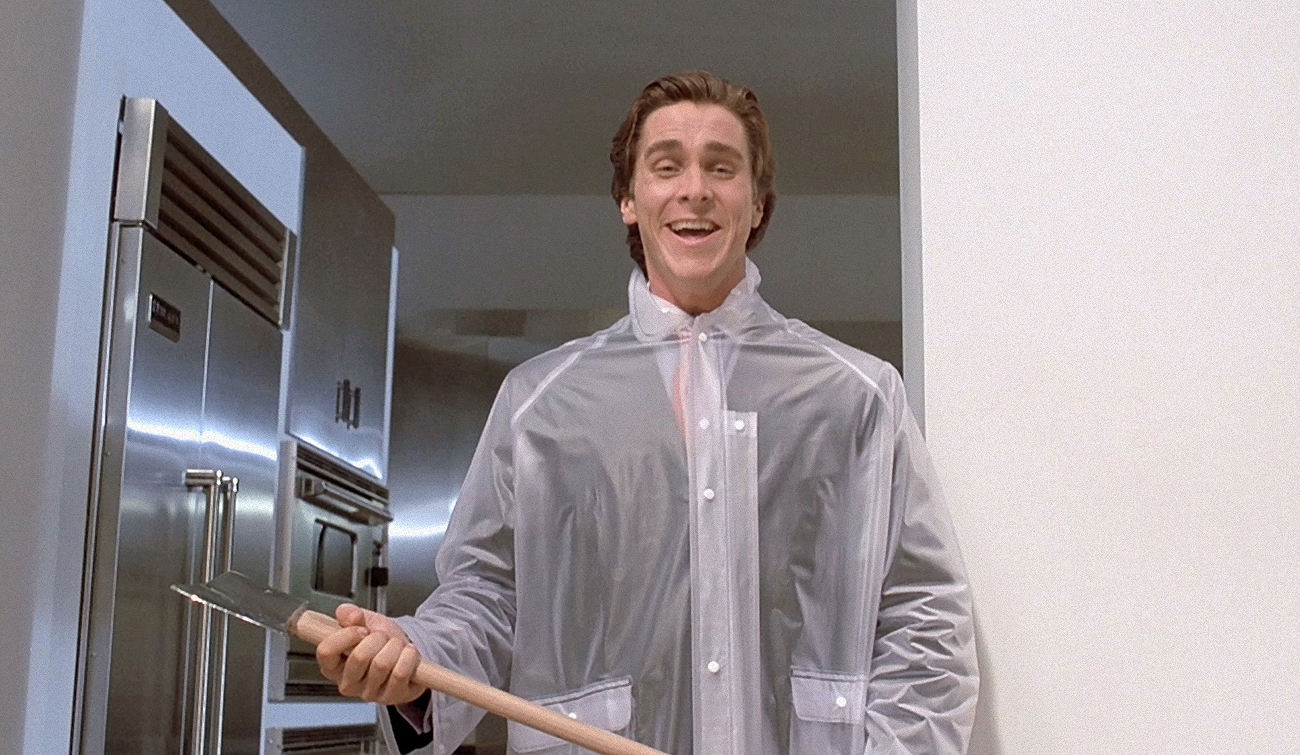












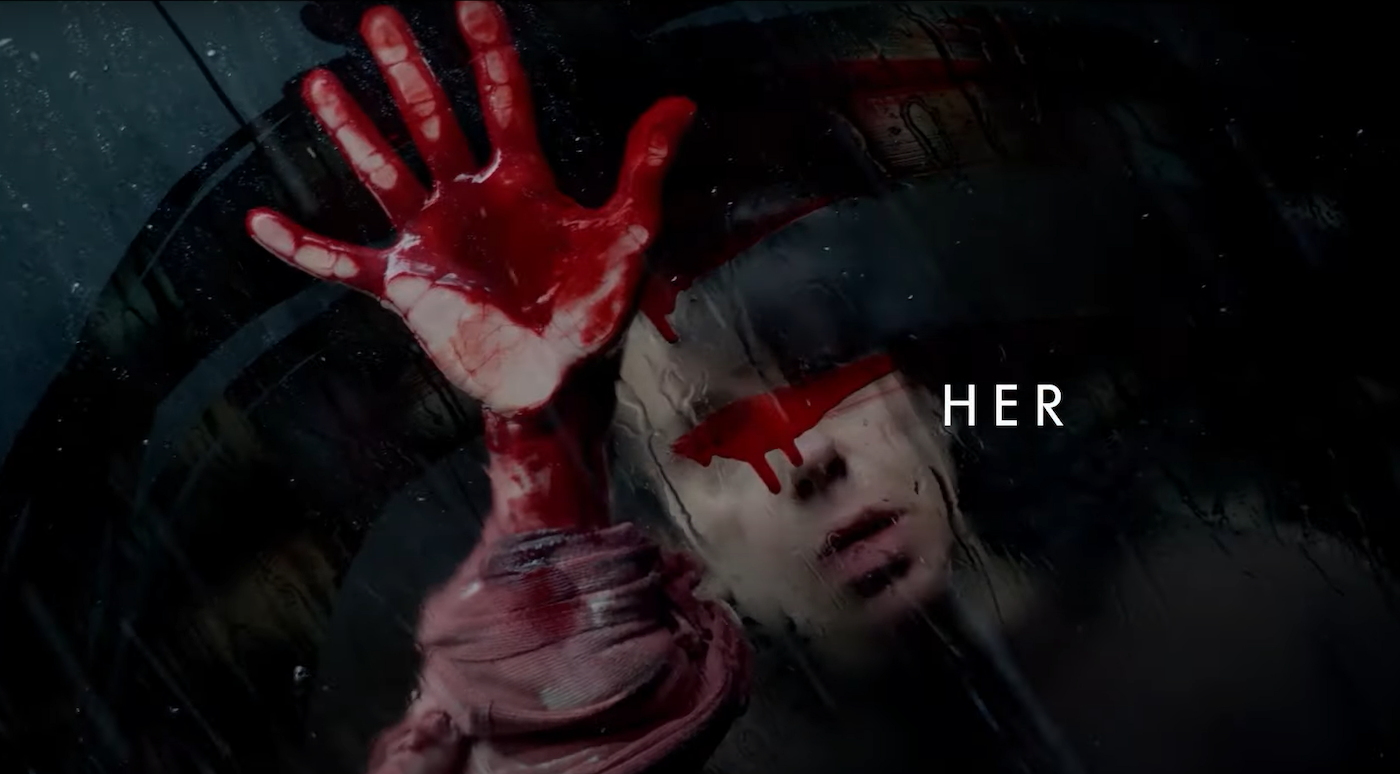


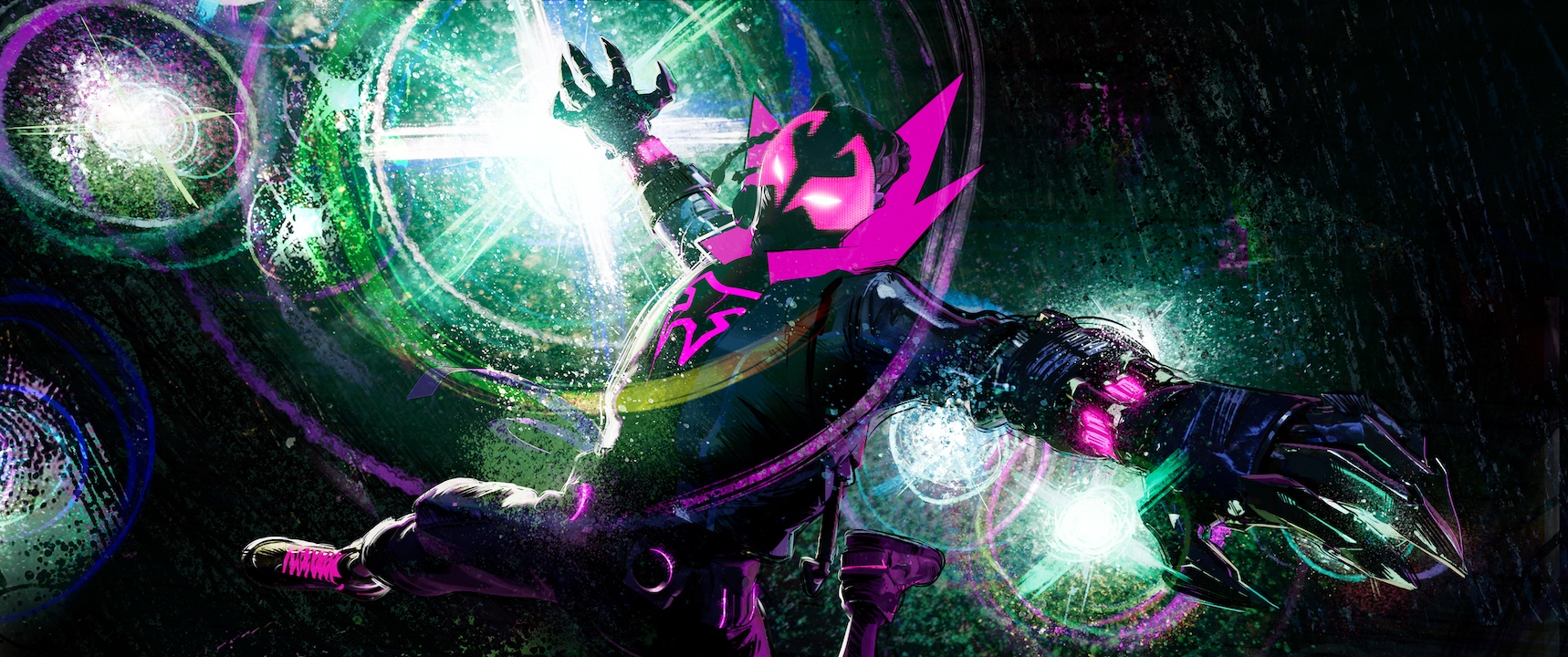













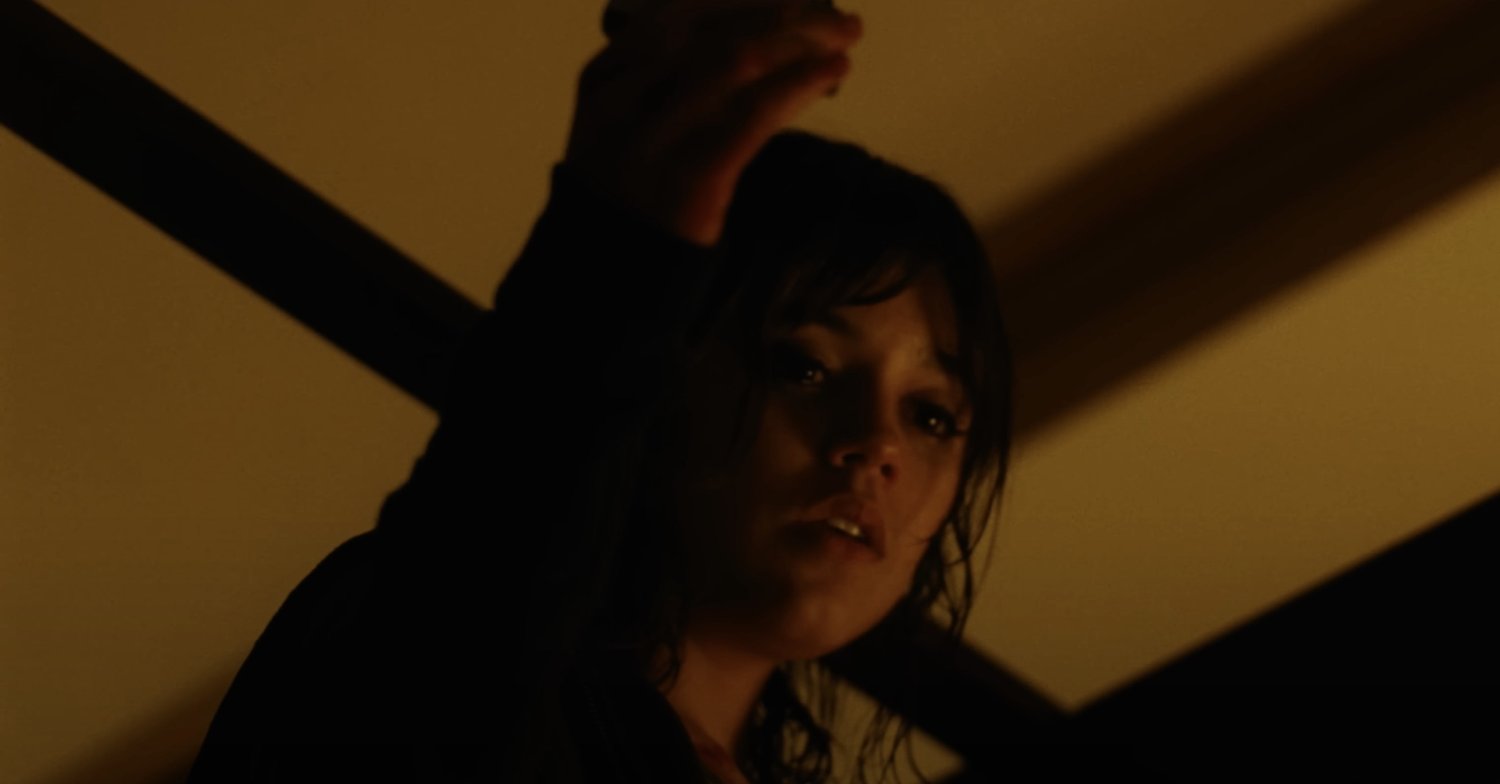








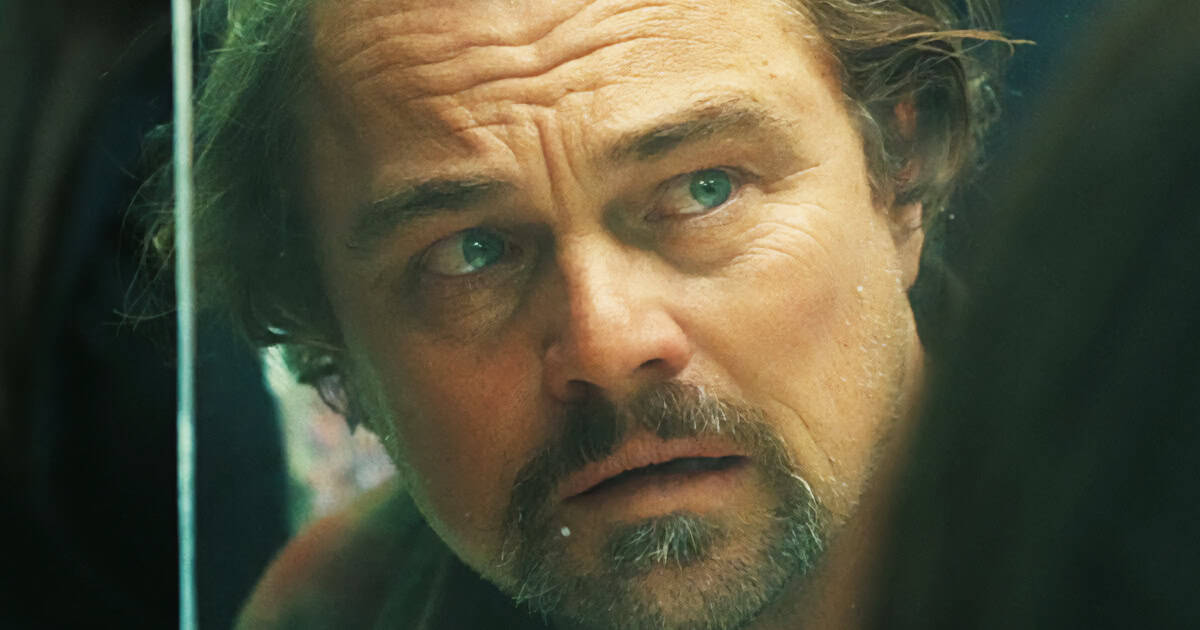



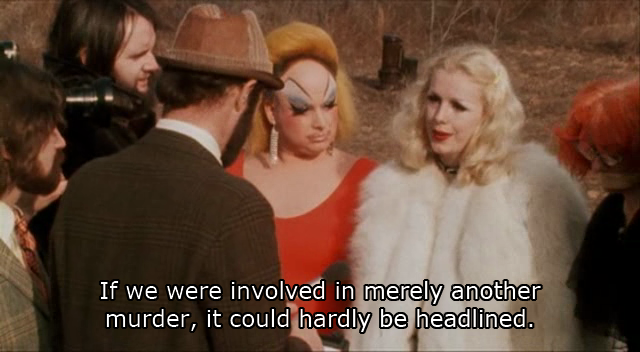



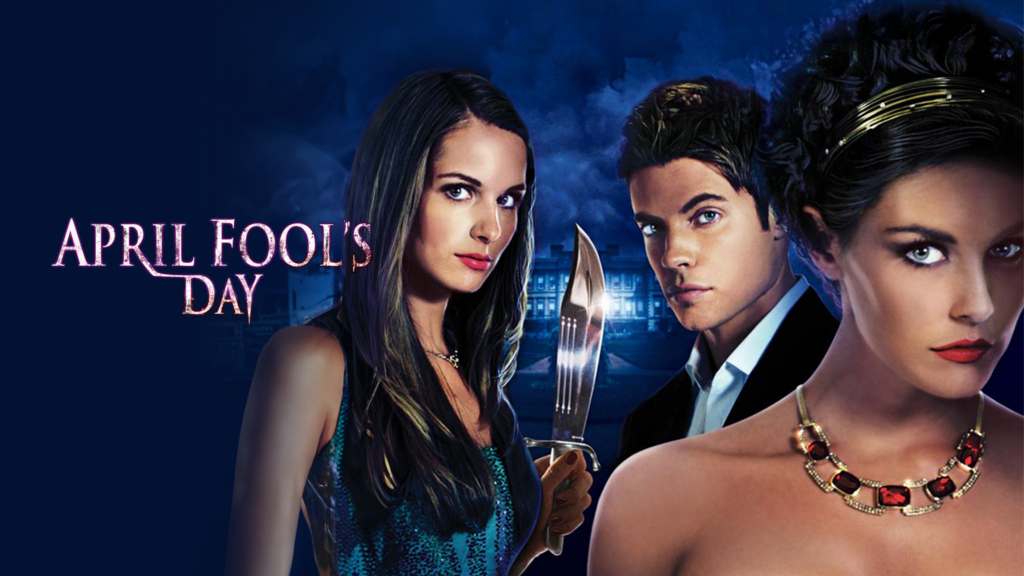











































![David Fincher To Direct Brad Pitt In ‘Once Upon A Time In Hollywood’ Sequel Written By Quentin Tarantino [Exclusive]](https://cdn.theplaylist.net/wp-content/uploads/2025/03/31164409/David-Fincher-To-Direct-Brad-Pitt-In-%E2%80%98Once-Upon-A-Time-In-Hollywood-Sequel-Written-By-Quentin-Tarantino-Exclusive.jpg)

![The Weeknd Closes Lionsgate’s More ‘Hunger Games’ And ‘John Wick’ Pitch To Theater Owners [CinemaCon]](https://cdn.theplaylist.net/wp-content/uploads/2025/04/01162058/TheWeekndCinemaCon.jpg)
